In the forestry and logging industry, efficient transportation of timber is crucial to operational success. A log trailer is indispensable in the realm of logging, offering a specialized solution for hauling logs from the forest to the processing facility. These trailers are engineered to handle the rugged terrain and heavy loads characteristic of the logging sector. With a variety of models available, including the grapple trailer and gooseneck log trailer, businesses can select the configuration that suits their operational needs and terrain challenges.
Types of log trailers
The diversity in log trailers arises from the need to adapt to different logging operations and conditions. The log arch trailer is a common variant, recognized for its distinctive arch design that facilitates easier transport of logs over uneven ground, reducing the risk of snagging on underbrush or obstacles. For operations that require additional maneuverability, a log trailer with grapple provides an integrated loading mechanism, allowing for the convenient pickup and loading of timber directly onto the trailer. This integration can significantly streamline the transportation process in the field. Another popular type is the log loader trailer, which combines transport and loading capabilities, making it a versatile choice for smaller operations or those seeking to reduce equipment needs. The gooseneck log trailer also finds its place in the industry, with a design that offers enhanced stability and weight distribution, making it suitable for carrying heavier and longer logs.
Features of log trailers
When evaluating log trailers, several features stand out that contribute to their effectiveness and durability. The construction of these trailers often involves reinforced steel frames that provide the necessary strength to support heavy timber loads. Suspension systems are also a critical feature, designed to absorb shocks and maintain stability over rough forest terrain. Many log loader trailers come equipped with powerful hydraulic systems, enabling the lifting and loading of logs with precision and ease. The grapples on grapple trailers are specifically designed to securely grip logs of various sizes, reducing the risk of slippage during transport. Additionally, the tires and wheels are typically larger and reinforced to withstand the punctures and abrasions that are commonplace in off-road conditions.
Applications of log trailers
Log trailers serve a vital role in a range of applications within the forestry sector. They are commonly used in timber harvesting operations to transport cut logs from the felling site to sawmills or other processing locations. As the backbone of log hauling, these trailers are often seen traversing rural and forested areas where conventional vehicles cannot operate effectively. The log arch trailer proves particularly useful for navigating narrow trails and protecting the load from ground contact, while the versatility of the log trailer with grapple allows for swift collection and loading in varied field conditions. For larger scale operations, the gooseneck log trailer can be instrumental in moving substantial quantities of timber across greater distances, affording both capacity and stability.
The selection of a log trailer is a decision that impacts the efficiency and productivity of logging operations. With an array of types and features tailored to various applications, these trailers are engineered to meet the demands of the forestry industry, ensuring the safe and efficient transport of timber resources.

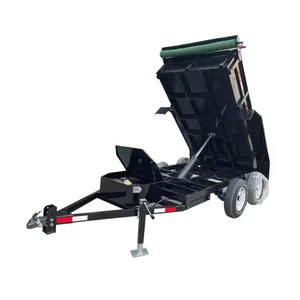



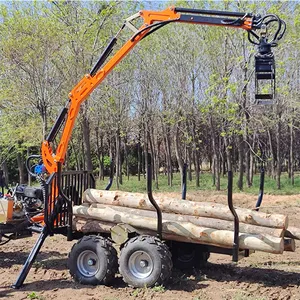







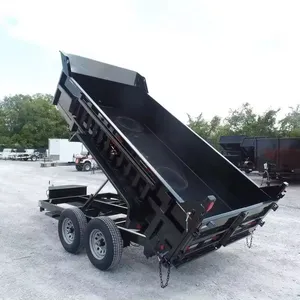



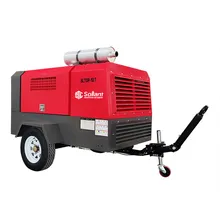
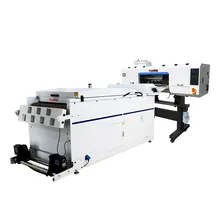
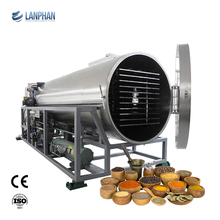


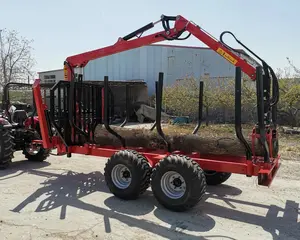
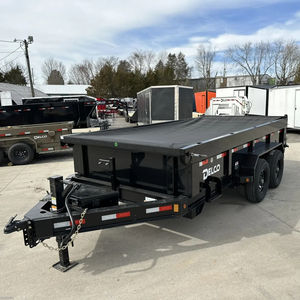
























 浙公网安备 33010002000092号
浙公网安备 33010002000092号 浙B2-20120091-4
浙B2-20120091-4